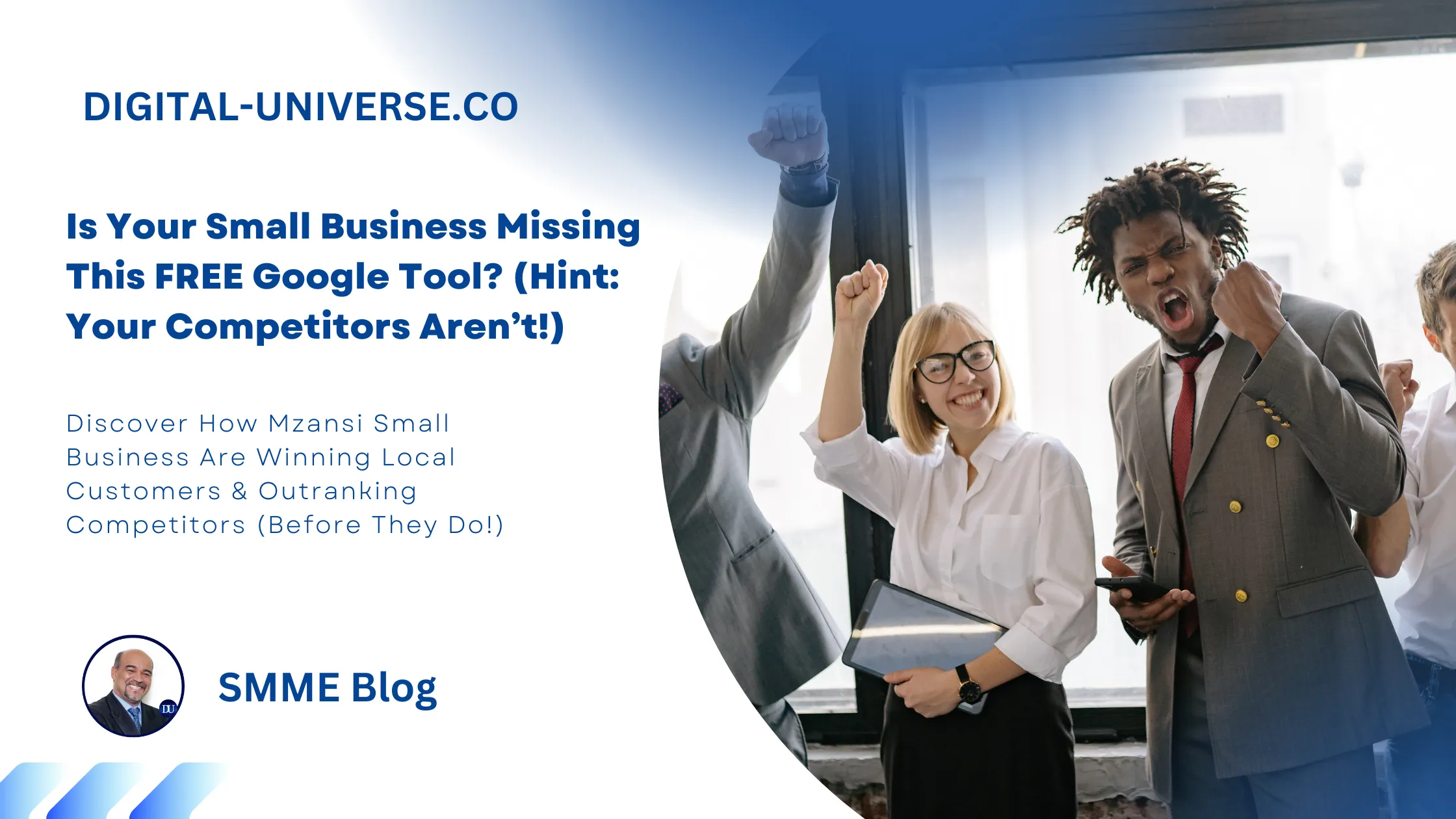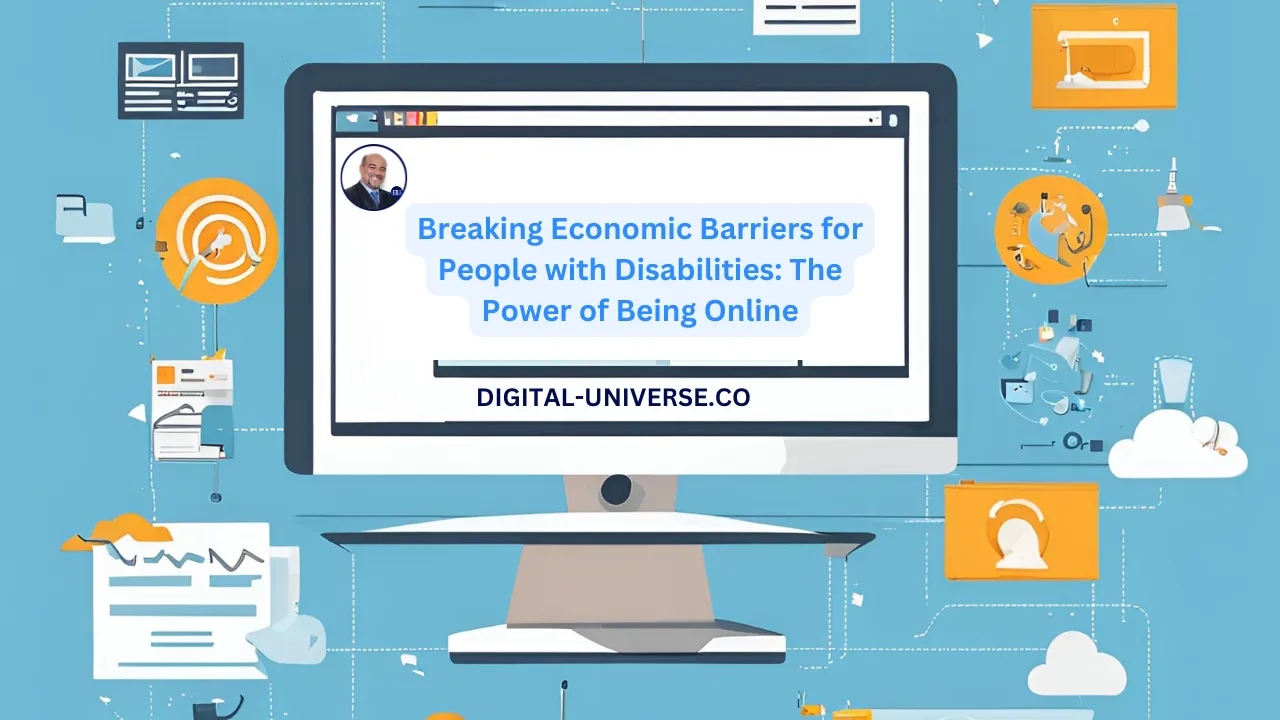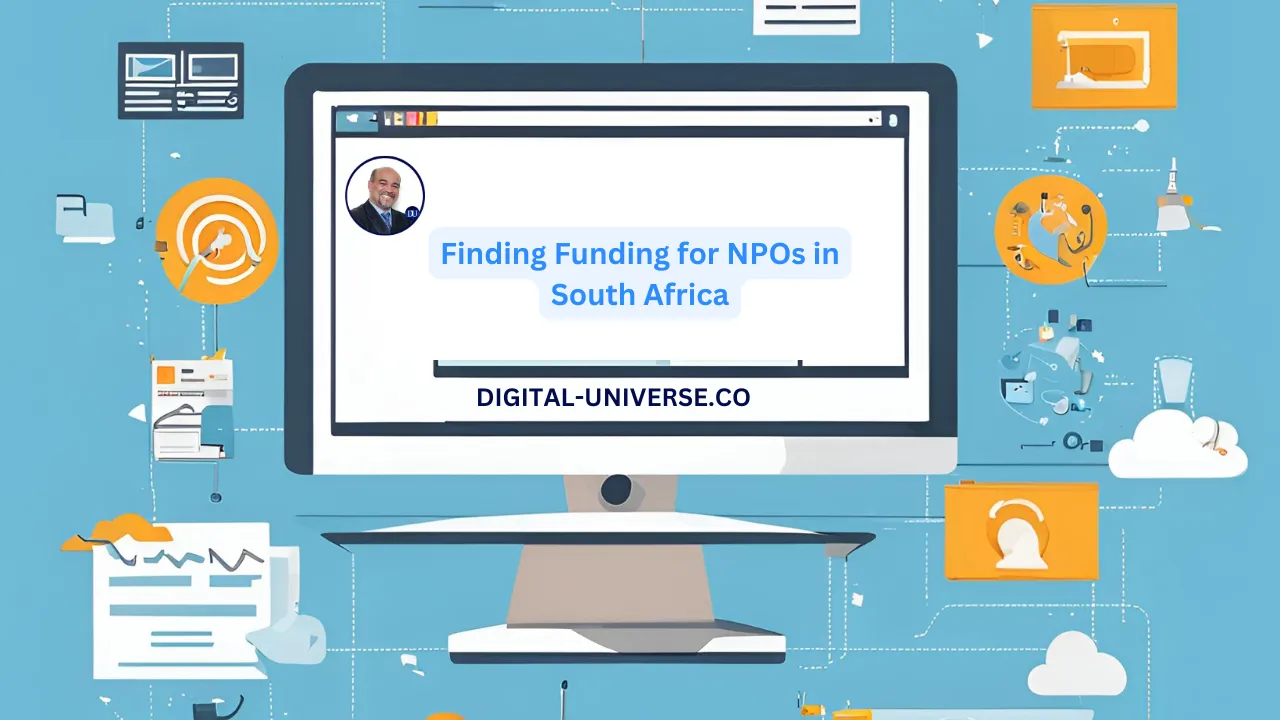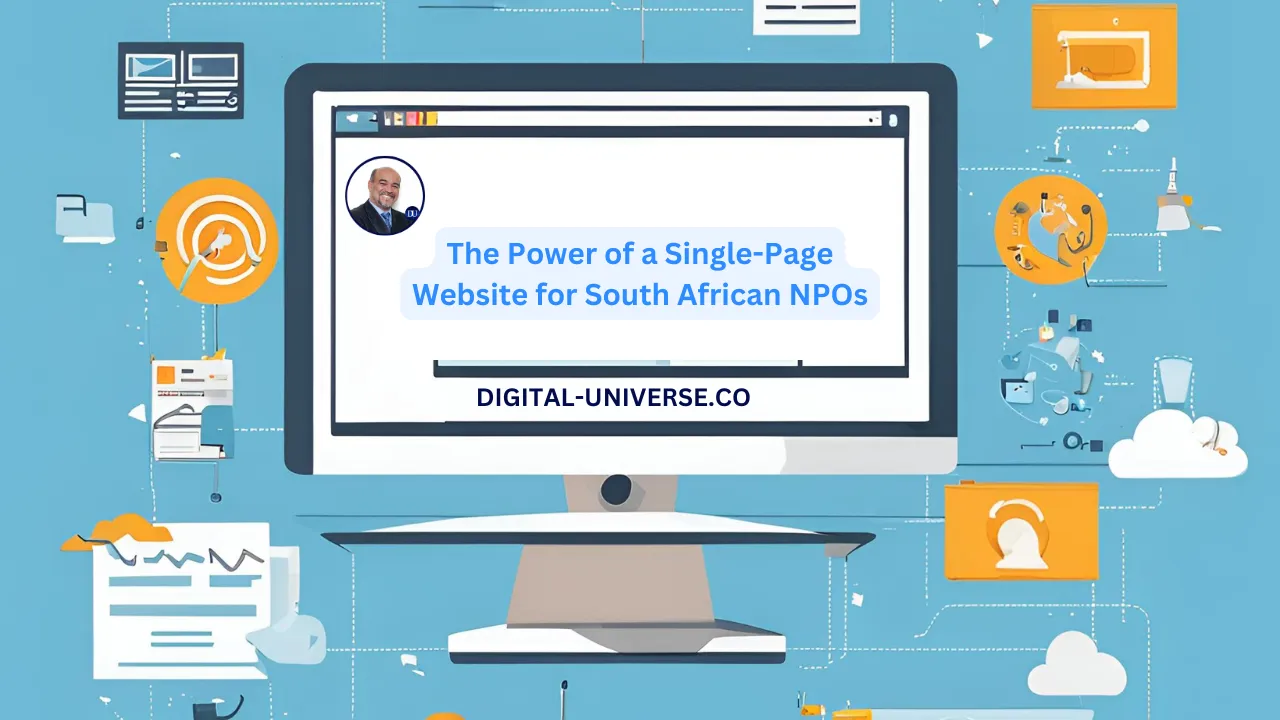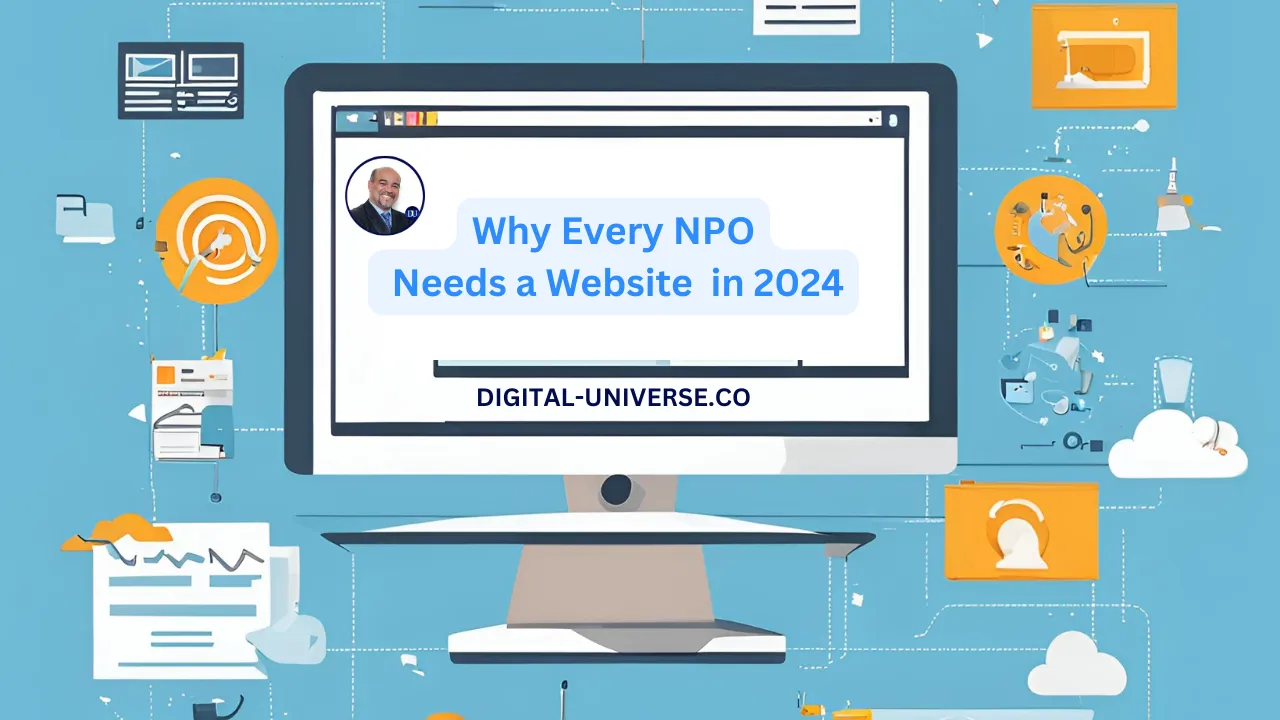In-sourcing vs. Outsourcing Digital Marketing: Pros and Cons for Emerging Businesses
Introduction
As a small business owner, one of the most critical decisions you'll face is how to handle your digital marketing efforts. The choice between in-sourcing and outsourcing can significantly impact your company's growth and efficiency. This article will explore the pros and cons of both approaches, helping you make an informed decision for your emerging business.
1.0 In-sourcing Digital Marketing
1.1 Pros of In-sourcing
Complete Control
When you keep digital marketing in-house, you retain complete control over your campaigns. This means you can ensure that your marketing aligns perfectly with your brand's voice, values, and vision. You can make immediate adjustments and pivot strategies quickly based on real-time feedback.
Better Collaboration
In-house teams often work more cohesively with other departments such as sales, product development, and customer service. This proximity allows for seamless collaboration and a more integrated approach to marketing, ensuring consistency across all touch points.
Deep Brand Knowledge
An in-house team will have a deeper understanding of your brand, products, and target audience. This intimate knowledge can lead to more authentic and effective marketing strategies. They can easily adapt and evolve strategies as they gain more insights about your audience.
1.2 Cons of In-sourcing
Higher Costs
Building and maintaining an in-house digital marketing team can be expensive. You need to consider salaries, benefits, training, and tools. For small businesses with limited budgets, these costs can be prohibitive.
Limited Expertise
Small businesses may struggle to attract top-tier marketing talent due to budget constraints. An in-house team might lack the breadth of expertise and experience that a specialized agency can offer, potentially limiting the effectiveness of your campaigns.
Resource Constraints
Managing all aspects of digital marketing in-house requires significant time and resources. For small business owners already wearing multiple hats, this can lead to burnout and reduced focus on other critical areas of the business.
2.0 Outsourcing Digital Marketing
2.1 Pros of Outsourcing
Access to Expertise
Outsourcing your digital marketing to a specialized agency gives you access to a team of experts with diverse skills and extensive experience. They stay up-to-date with the latest trends, tools, and best practices, ensuring your campaigns are cutting-edge and effective.
Cost Efficiency
While outsourcing might seem expensive initially, it can be more cost-effective in the long run. You avoid the overhead costs associated with hiring and training an in-house team. Agencies often offer scalable services, allowing you to pay for only what you need.
Focus on Core Business
By outsourcing digital marketing, you free up time and resources to focus on your core business functions. This can be especially beneficial for small businesses where the owner and team members already have multiple responsibilities.
2.2 Cons of Outsourcing
Less Control
Outsourcing means relinquishing some control over your marketing efforts. Communication delays and misunderstandings can occur, potentially leading to campaigns that don't fully align with your vision or expectations.
Brand Disconnect
An external agency might not have the same level of brand knowledge and passion as an in-house team. This can result in campaigns that feel less authentic or miss the mark in resonating with your target audience.
Potential for Misalignment
Choosing the wrong agency can be detrimental. If the agency's style, approach, or values don't align with yours, it can lead to ineffective marketing and wasted resources. Finding the right fit requires careful vetting and clear communication.
Making the Right Choice
The decision to in-source or outsource digital marketing depends on various factors, including your budget, business goals, and available resources. Here are some key considerations:
Assess Your Needs and Resources
Evaluate your current marketing needs and the resources you have available. If you have a strong internal team with the necessary skills, in-sourcing might be a viable option. Conversely, if you're lacking expertise or struggling to manage all aspects of marketing, outsourcing could be more beneficial.
Consider Your Budget
Determine your budget for digital marketing. In-sourcing requires significant upfront investment in hiring and training, whereas outsourcing can offer more predictable and scalable costs. Compare the long-term financial implications of both options.
Evaluate Your Control and Collaboration Preferences
Consider how much control you want over your marketing efforts and how important close collaboration is to your business. If maintaining direct oversight and seamless communication is crucial, in-sourcing might be preferable. If you're comfortable delegating and trust an external partner, outsourcing could be the way to go.
Test and Adapt
You don't have to commit fully to one approach. Many businesses find success with a hybrid model, combining in-house efforts with outsourced expertise. For example, you might handle content creation in-house while outsourcing more technical aspects like SEO or PPC campaigns.
Conclusion
In-sourcing and outsourcing digital marketing each come with their own set of advantages and challenges. For emerging businesses, the right choice depends on your unique circumstances and priorities. By carefully considering your needs, resources, and long-term goals, you can make a decision that supports your business's growth and success.



